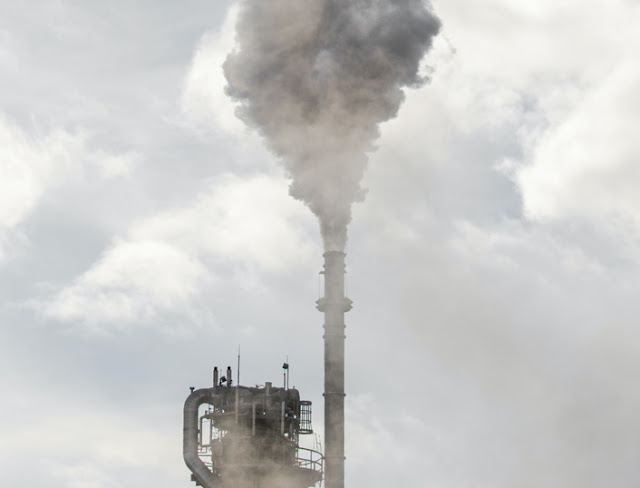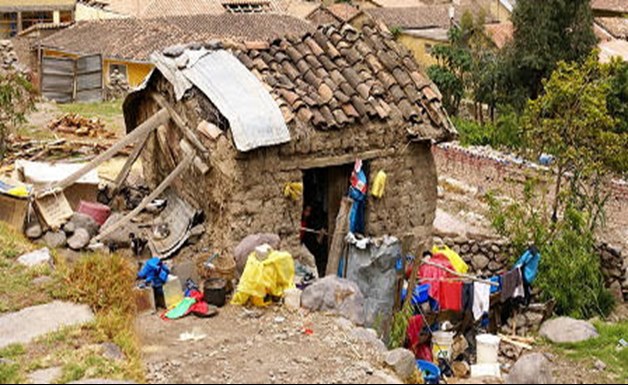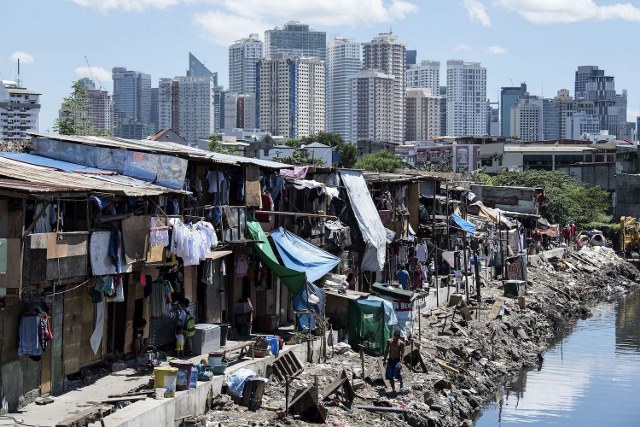Why a carbon tax is the best way to mitigate climate change

The problem In a recent article in the journal Foreign Affairs Nobel-laurate William Nordhaus argues that although there is broad recognition that climate change is the most important environmental challenge facing the world today, governments have continued to tackle the problem with a deeply flawed architecture that relies on uncoordinated, voluntary arrangements which encourage free-riding in international climate change agreements such as the Kyoto Protocol and the 2015 Paris accord. With a perverse incentive structure embedded in such treaties “the global effort to curb climate change is sure to fail.” Since the national targets agreed in the Paris accord are inconsistent with a two-degree temperature target and because studies have shown that annual global emissions would need to drop by about 3 percent between now and 2030 to limit warming to the two-degree limit, there is growing recognition that without major mitigation of greenhouse gas (GHG) emissions global temperat...


